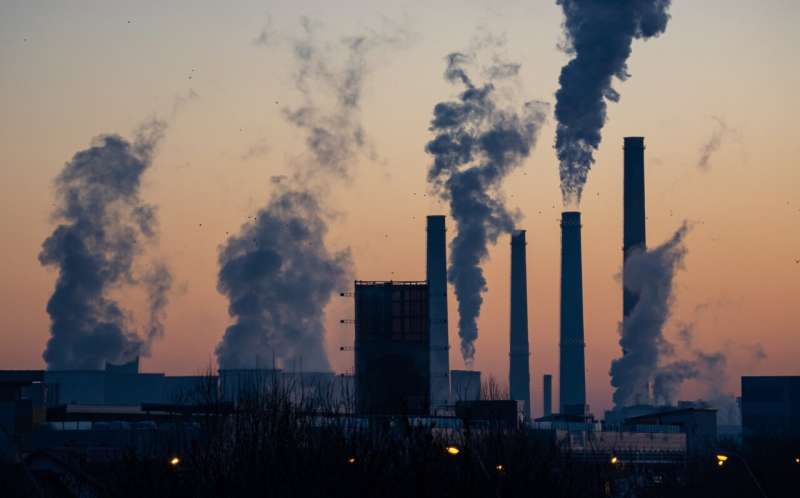Credit: Unsplash/CC0 Public Domain
Quaise Energy, a startup based in Cambridge, Massachusetts, has announced its intentions to revolutionize how conventional power plants produce electricity. They have developed a new type of drilling technology that they claim will allow virtually any power plant to convert to geothermal as a fuel source.
The new technology uses a gyrotron-powered drilling platform that vaporizes a borehole by emitting millimeter-sized energy waves from the tip of a drill bit. Engineers at Quaise have been working to perfect the technology for the past decade. The energy waves pulverize the rock as the hole is dug, allowing for digging much deeper than conventional drills. The energy waves, notably, are generated on the surface—their frequency is near to that used by microwaves.
Once the hole is excavated, water can be pumped into its depths, where the heat from the Earth will convert it to steam that rises back up out of the hole like a geyser. Also, the well can be used indefinitely to produce electricity using a geothermal source of energy, making it cheaper to produce electricity than conventional methods.
The team at Quaise notes that the depth needed to drill for any given site will vary due to its unique geology, but they add that drilling to depths of approximately 20 kilometers would be sufficient for most sites. At such depths, they further note, the ground temperature would be approximately 370 degrees Celsius, more than hot enough to create the amount of steam needed to drive a turbine. The team at Quaise also notes that most coal or fuel oil power plants burn their power source to create steam to drive a turbine. Thus, they suggest that if a well could be dug on site at an existing plant, it would be a simple matter to replace the source of the steam, and in so doing, cease spewing carbon dioxide into the air.
Quaise also posted a press release earlier this month announcing that they had received $40 million in financing to keep the new company up and running while it attempts to attract customers.
More information: www.quaise.energy/
© 2022 Science X Network
























